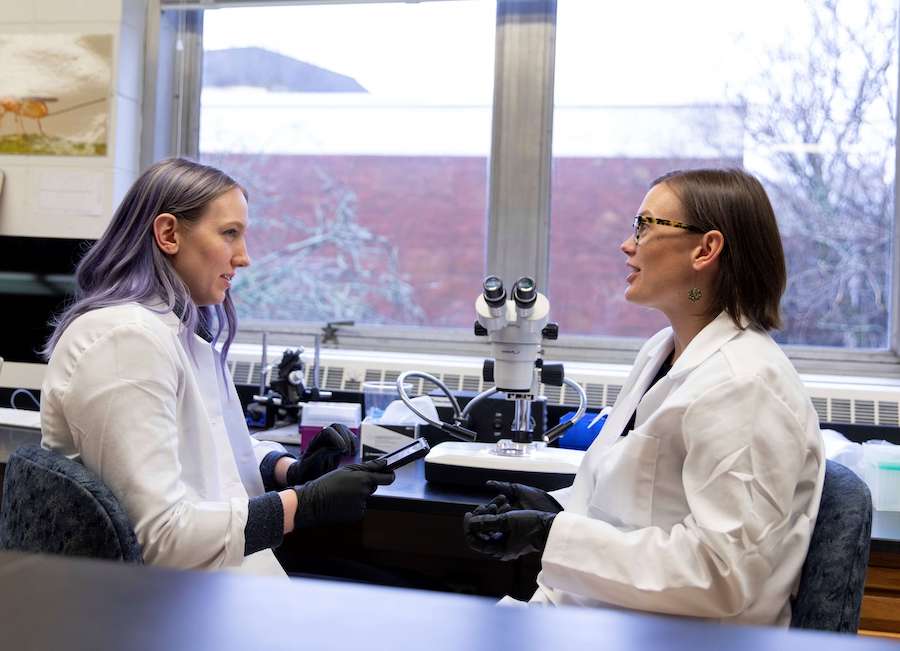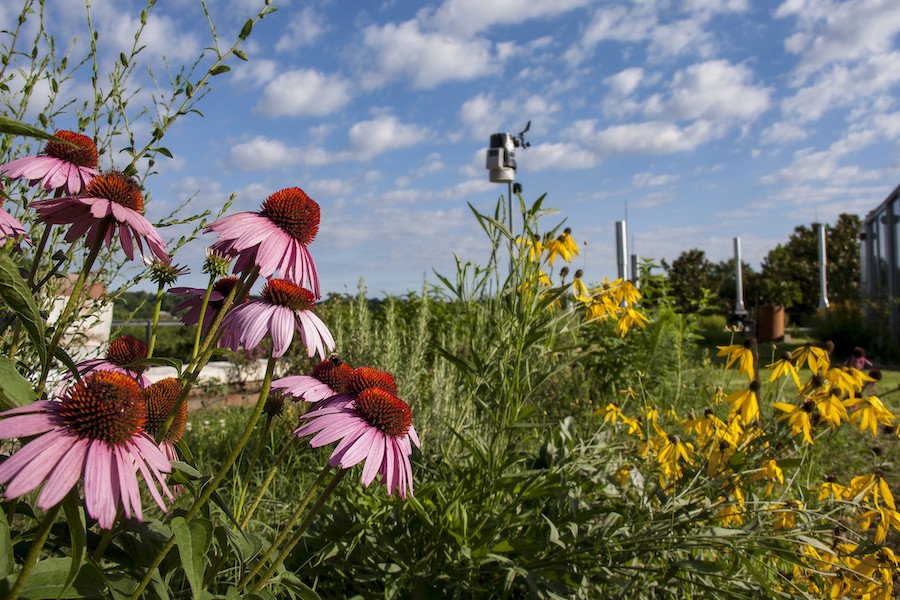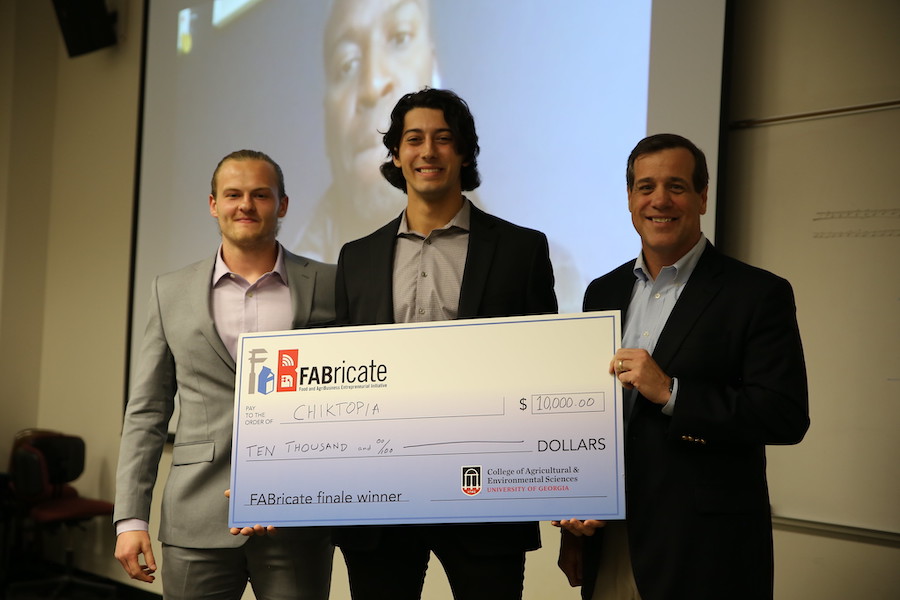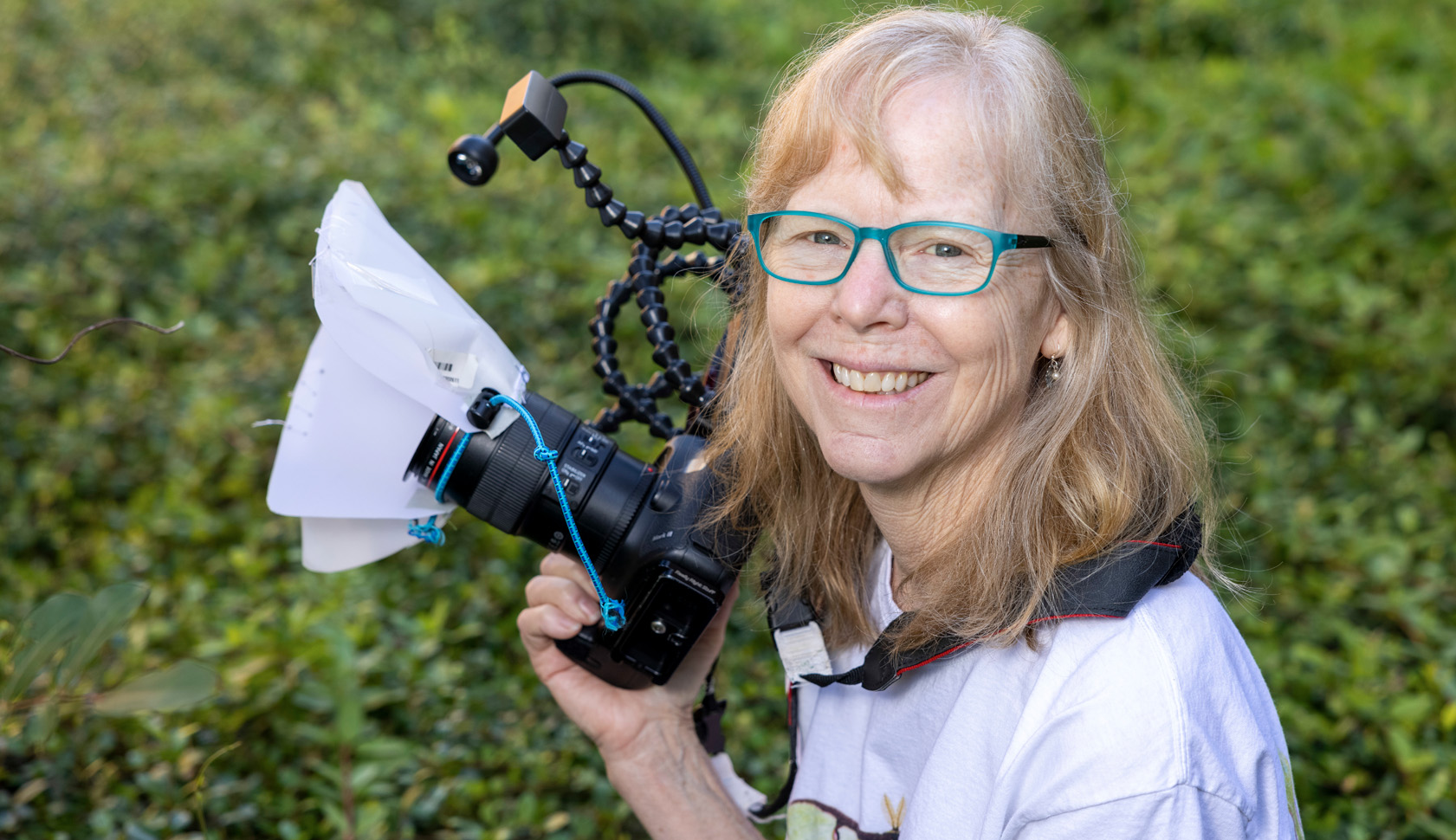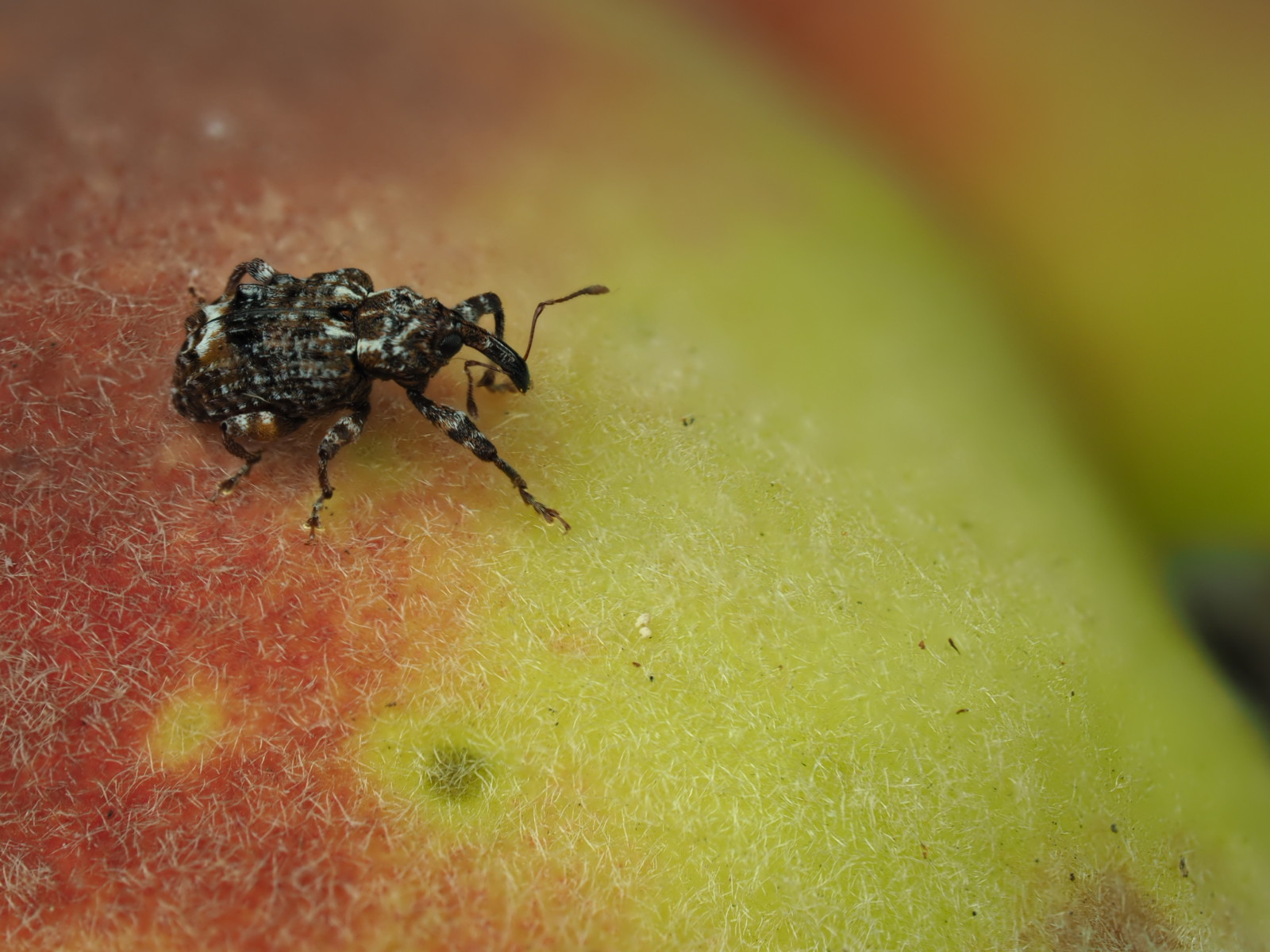.jpg) CAES News
CAES News
Fire Ant Management
There are many things you come to expect living in the Southern U.S. You can count on sweetened ice tea being available at every restaurant, there will always be festivals named after fruits and vegetables, and the weather after Easter will never make any sense. You can also count on fire ant mounds appearing in late spring.

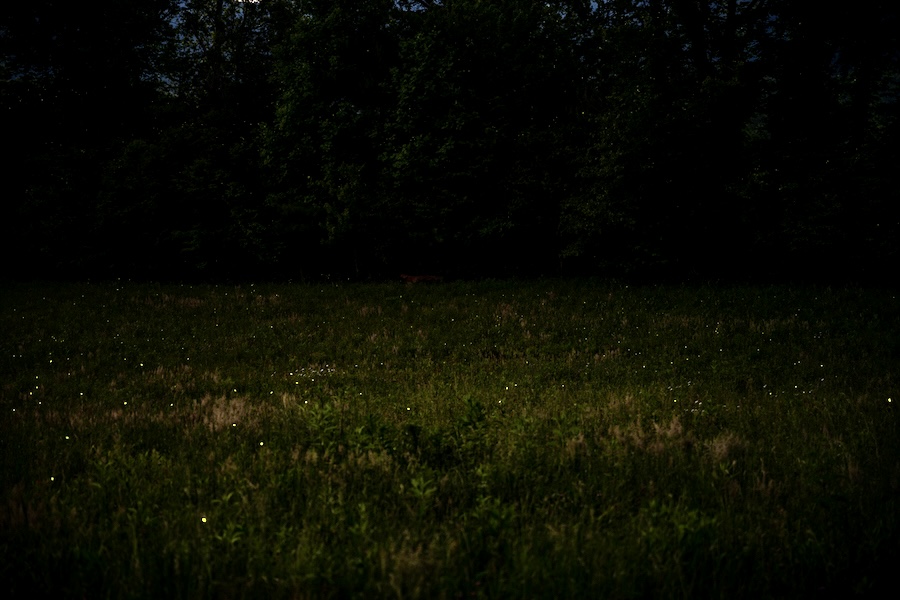
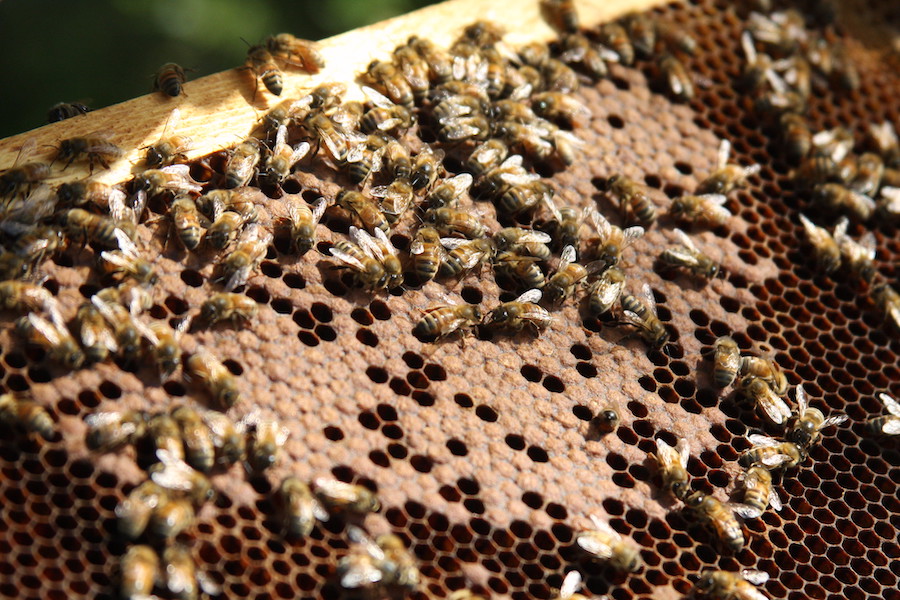
.jpg)
